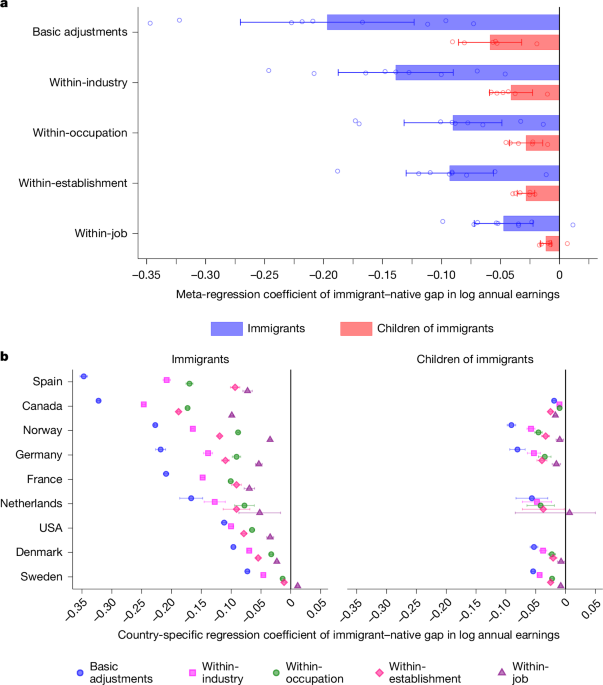
"Global migration from lower-income countries presents a challenge for high-income nations, necessitating policies to address labor market disadvantages for immigrants."
"Immigrants, especially from low-income countries, often earn less than natives at arrival, though these earnings gaps can narrow over time."
"Earnings disadvantages are linked to deficits in human and social capital, such as language skills and job-related networks, impacting wages and job sorting."
"Native-born children of immigrants demonstrate intergenerational progress, attributed to improved language skills and access to education and networks that increase job opportunities."
Global migration from lower-income countries has increased challenges for high-income countries regarding the incorporation of immigrants. Immigrants from low-income nations typically arrive earning less than native counterparts, with wage gaps often persisting despite narrowing over time. Factors contributing to this disparity include deficits in country-specific human and social capital. Native-born children of immigrants generally show progress in earnings, aided by improved language proficiency, educational attainment, and access to social networks. The variation in pay across firms indicates issues of workplace segregation and employer differences that impact overall earnings for immigrants.
Read at Nature
Unable to calculate read time
Collection
[
|
...
]